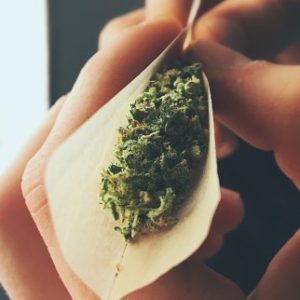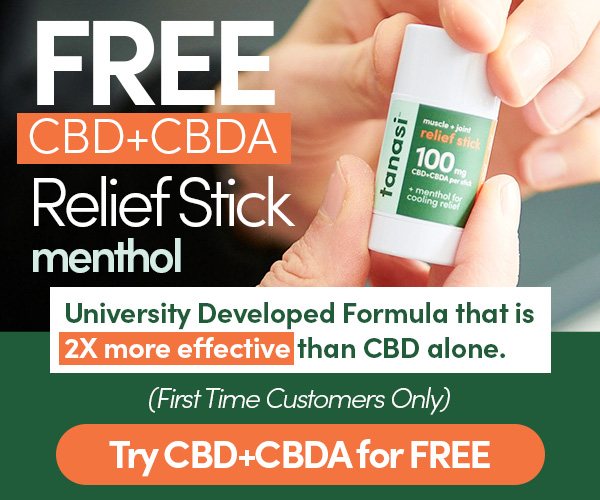Delta 8 Vs CBD: Similarities And Differences
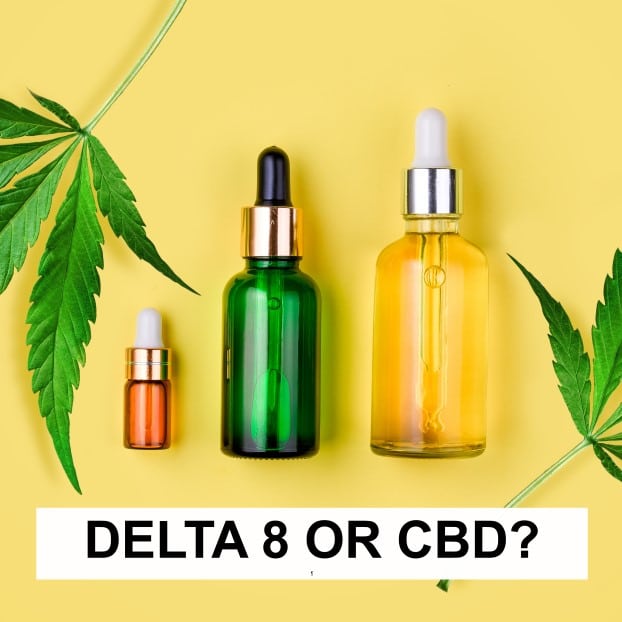
Posted on August 25th, 2022
Do you want to explore Delta 8 Vs CBD? Delta-8 THC, which is also known as Delta-8, is an analog of Delta-9. It is intoxicating and more commonly used for sleep, appetite stimulation, inflammation, and pain. CBD is a non-intoxicating popular cannabinoid that is better used for depression, appetite suppression, PTSD, pain, and general wellness and health.
Delta-8 is best for moderate levels of anxiety, while CBD is best for milder anxiety symptoms. They can also be useful for the treatment of anxiety when combining them. CBD does not have addictive properties or any known side-effects, while the research associated with Delta-8 is TBD (to be determined) on its regular use and long-term effects.
Delta 8 Vs CBD: What Is Delta 8? 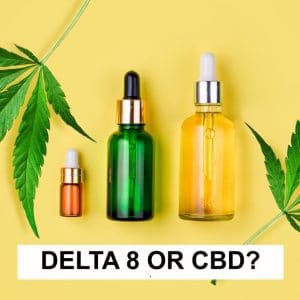
Delta-8 THC is one of the psychoactive cannabinoids present in cannabis plants. It is the isomer of Delta-9 THC, which means they share an empirical formula yet they are different in the way the atoms have been arranged.
Delta-8 is also known as a “tricyclic terpenoid” in low quantities in cannabis plants. The majority of Delta-8 products that are available on the market are mainly manufactured from hemp-derived CBD, which places them in a gray area when it comes to regulations where they might be regarded as semi-legal. When it comes to products that are semi-legal it generally means that some states restrict the sale of these products, while others have not.
High concentration, semi-legal Delta-8 products have been synthesized from CBD with the use of industrial chemicals. Converting CBD to Delta 8 requires refluxing CBD in a solvent that is organic such as heptane or toluene with a type of acid such as p-toluene sulfonic acid, which serves as the catalyst. Refluxing is a method that involves condensing the vapors and then returning these condensates to a system which they first originated from. The condensers used to heat these reactions are done in a highly controlled environment and to ensure that the solvents are not overheated or burned.
– How Does Delta-8 Work?
Similar to Delta-9 THC, Delta-8 THC is one of the partial agonists of the CB1 and CB2 cannabinoid receptors. This is what gives Delta-8 anti-inflammatory and psychoactive effects. However, the chemical structure of Delta 8, means that it isn’t as potent when compared to Delta-9 THC. It also has a somewhat lower affinity when it comes to the CB1 receptors when compared to Delta-9.
– Uses
Delta-8 and Delta 9 should help manage most of the same health problems or conditions. The more common ones include:
• Spasms
• Vomiting and Nausea
• Anxiety
• Chronic Pain
• Depression
– Potential Benefits
When compared to Delta-9 THC, Delta-8 isn’t as psychoactive, which could mean it could offer more benefits for managing a condition whereby Delta-9 would be helpful in a lower dose, but cause problems in a higher dose, such as depression and anxiety.
It is also believed that it is easier to find the right dose with Delta-8 THC, providing a more uplifting and gentle effect while lowering the chances of paranoia and some of the other negative effects of Delta-9 THC such as hallucinations, tremors, and confusion.
– Drawbacks And Risks
Even though Delta-8 may be less potent when compared to Delta-9, it can produce side effects that are similar when overconsumed. Some of these include:
• Hallucinations
• Anxiety
• Tremors
• Paranoia
• Dizziness
• Confusion
• Dizziness
• Vomiting and Nausea
Delta 8 Vs CBD: What Is CBD?
Cannabidiol or CBD is one of the more abundant cannabinoids found in cannabis plants. Most of the CBD products are hemp-derived, and typically include:
• CBD Isolates
Products that only contain CBD, with none of the other compounds present in the cannabis plant.
• Broad-Spectrum CBD
These CBD products contain terpenes, flavonoids, and cannabinoids, but no THC.
• Full-Spectrum CBD
Full-spectrum CBD products contain all the compounds in the cannabis plant, along with THC (up to 0.3%).
Most CBD-rich cannabis products contain different cannabinoid combinations with CBD:THC ratios. CBD from a hemp plant that contains not more than 0.3% THC is legal at federal levels, while CBD that is derived from marijuana (psychoactive cannabis), isn’t legal.
– How Does CBD Work? 
CBD is also an antagonist of the CB1 and CB2 receptors, and it helps to dampen the effects of agonists like THC. CBD has a lower affinity when it comes to binding to the CB1 and CB2 receptors yet it “behaves as a non-competitive allosteric negative modulator of the CB1 receptor”, which reduces the potency of anandamide and THC while stopping their reuptake. This helps to increase the anandamide levels in the body.
– Uses
CBD has an extensive range when it comes to potential uses thanks to its anti-inflammatory and stress-relieving properties. Many users have claimed that CBD can help to manage conditions and ailments such as:
• Arthritis
• Anxiety
• Chronic Pain
• Depression
• PTSD (post-traumatic stress disorder)
• Nerve Pain (Neuropathic Pain)
• Epilepsy
• Insomnia
• Inflammation and Stress
At this stage, there isn’t any definitive evidence that can establish whether CBD helps to manage the conditions mentioned above (excepting seizures linked with epilepsy where Epidiolex might be prescribed). Still, many clinical trials and anecdotal reports are ongoing, with a few positive results.
– Potential Benefits
CBD has many uses and benefits, and unlike Delta-8 THC it isn’t intoxicating. This has made CBD a suitable cannabinoid for all age groups, even though more research is needed to establish its longer-term effects.
– Drawbacks and Risks
CBD is usually well-tolerated by most people, but some have experienced a few adverse side effects including:
• Fatigue
• Dry Mouth
• Reduced Appetite
• Diarrhea
• Gastrointestinal Upset
• Drowsiness
Research conducted on mice has suggested that overconsumption of CBD can result in liver damage, yet these studies have not been replicated when it comes to humans. In fact, CBD can be used to relieve liver injuries.
Delta 8 Vs CBD: Similarities And Differences
CBD and THC share a chemical formula that is the same, but these two compounds feature different structures. This is also what gives these cannabinoids completely different effects. For example, Delta-8 THC is intoxicating, while CBD is not. However, when comparing many of their “therapeutic uses”, both share many similarities. Both CBD and Delta-8 THC can be useful to manage chronic pain, anxiety, and stress, for example.
When Should You Be Using Delta-8?
Delta-8 THC can be useful to manage chronic pain, mitigate nausea, or help you fall asleep. Even though it isn’t as psychoactive when compared to Delta-9, it is suggested to avoid consuming Delta-8 during working hours. Some people prefer taking Delta-8 at night to assist them in getting to sleep.
When Should You Be Using CBD?
If you are working in an environment where the employees are frequently tested for THC, it is suggested that you do not take Delta-8 THC. CBD, especially CBD isolate products, might be a much better option, although you may be losing some of the efficacy since the other cannabinoids are not present in these products. Moderate to low CBD doses may be best if you plan to use it during the daytime, especially if you need to keep awake.
Final Thoughts
Both Delta-8 THC and CBD have beneficial uses, yet ideally, it is best to use both when you consume natural cannabis to achieve a comprehensive range of therapeutic benefits. Most experts also agree that it is better to avoid synthetic Delta-8 THC and CBD products.

Related Posts in Delta 8
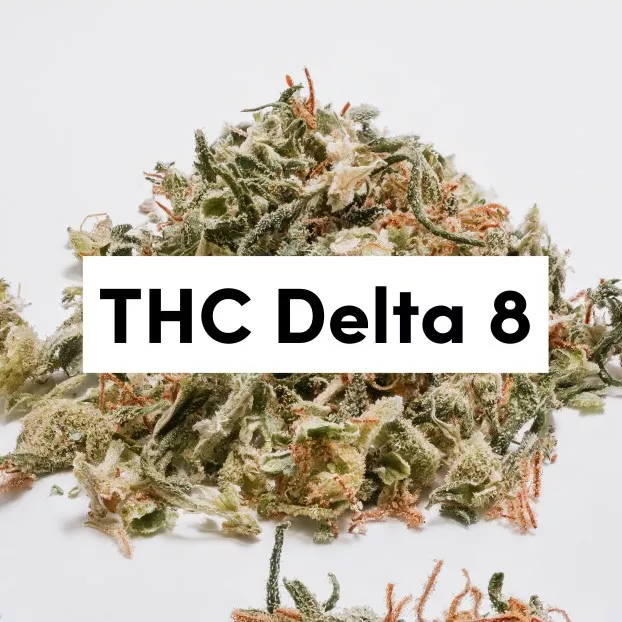
Oct 7 2022
THC Delta 8 and Delta-9-THC – Understanding the Differences
Read More →
Aug 25 2022
Delta 8 Vs CBD: Similarities And Differences
Read More →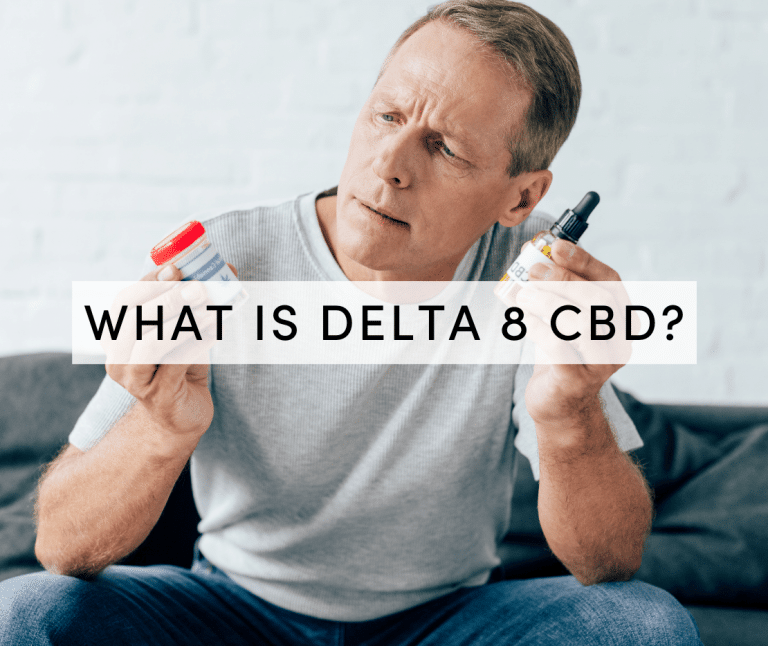
Jun 28 2022
What is Delta 8 CBD? Let’s Clarify a Common Misconception.
Read More →
Jun 15 2022
